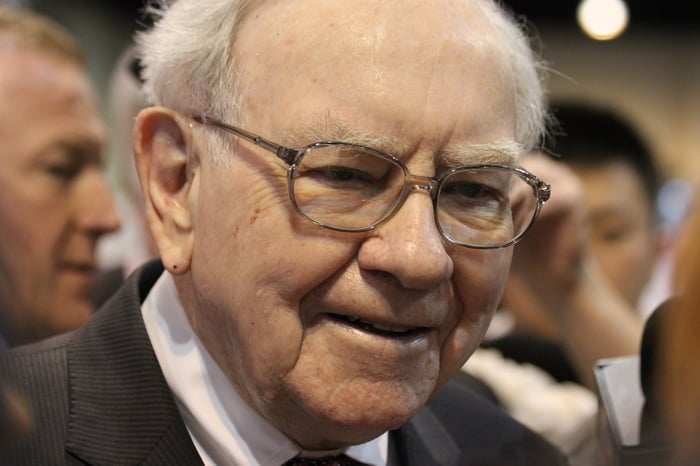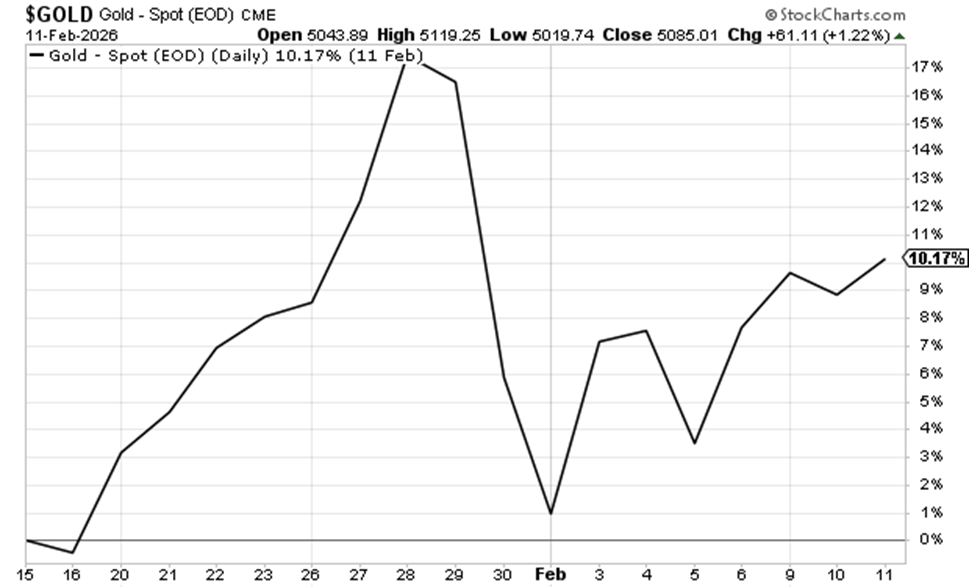Warren Buffett Signals Caution as Berkshire Hathaway Sells Stocks
As signs of a downturn become clearer, Berkshire Hathaway (NYSE: BRK.A) (NYSE: BRK.B) CEO Warren Buffett exhibits a bearish outlook on the stock market. This year, Berkshire is poised to conclude its second consecutive year as a net seller of stocks, marking an unprecedented level of share liquidation.
In the first three quarters of 2024, Berkshire has divested a staggering $133.2 billion in stocks, mainly from its massive stake in Apple (NASDAQ: AAPL). Meanwhile, the company’s purchases total just $5.8 billion this year. This trend mirrors 2023’s figures, where Berkshire sold $32.8 billion worth of equities while acquiring only $9.1 billion.
Buffett’s selling spree is coupled with a noteworthy decision: for the first time in six years, Berkshire did not repurchase any of its own stock. This move suggests that Buffett perceives Berkshire’s value as too high at current prices. With a market capitalization around $1 trillion, the company’s diverse holdings—ranging from insurance to utilities—make it a reflection of the broader stock market, hinting at Buffett’s overall market sentiment.
Buffett, often hailed as one of the greatest investors, famously stated, “Be fearful when others are greedy, and greedy when others are fearful.” Currently, his cautious stance suggests he senses that market valuations are historically high, particularly with the CAPE ratio indicating a level of greed in the market.
Is Buffett’s strategy a signal for other investors? Let’s explore further.

Image source: The Motley Fool.
Understanding Buffett’s Selling Strategy
A significant portion of Berkshire’s stock sales derives from its substantial Apple investment, which has been the company’s largest holding for years. In the past year, Berkshire sold 615.6 million shares of Apple, generating approximately $125 billion.
Buffett continues to praise Apple’s business model, yet he believes cashing in on profits now is prudent, anticipating a possible increase in capital gains taxes.
While some lawmakers have discussed raising such taxes, no formal legislation is in place. President-elect Donald Trump has suggested lowering corporate taxes, garnering support from Wall Street and the business community, making a tax hike less likely at this time.
Buffett has also suggested that appealing acquisition opportunities are dwindling, hinting at his view of an overvalued market. However, attributing all of Berkshire’s selling to market overvaluation alone would be an oversimplification.
Buffett’s Track Record: Imperfect Like All Investors
Buffett, much like all investors, is not infallible. There have been instances when he strayed from his own advice about being cautious amidst market greed.
For instance, back in 2007, just before the major financial crisis, Buffett’s approach was to aggressively buy stocks instead of holding back. Berkshire acquired $19.1 billion in equities that year while only selling $8.1 billion.
Moreover, Berkshire’s history of stock transactions shows a mix of net buying and selling, which may not consistently reflect Buffett’s mindset. In 2020, during the coronavirus market crash, Berkshire was a net seller, a missed opportunity to capitalize on significantly lower stock prices.
Buffett has also admitted that timing the market is nearly impossible, suggesting he doesn’t attempt to predict when to sell or buy in response to market fluctuations.
Implications for Individual Investors
As individual investors, many look to Buffett’s actions for guidance, which can sometimes yield valuable insights. Signs indicate the stock market may be overvalued, and there is potential for an increase in taxes to address ongoing deficits.
Nevertheless, history shows that the stock market tends to rise over time. Long-term investors have often profited, even when buying just before significant declines. For instance, the S&P 500 has increased nearly 300% since its peak in 2007 and nearly doubled since the onset of the pandemic.
While monitoring Warren Buffett’s decisions can be insightful, it is vital to remember that long-term net buyers have often been rewarded by the market, even during downturns, as long as they hold onto their investments.
Seize This Investment Opportunity
If you’ve ever felt you missed out on investing in successful stocks, now might be your chance.
On rare occasions, our expert analysts identify a “Double Down” stock, suggesting these companies are poised for growth. If you’re concerned about missing your chance to invest, act swiftly before opportunities diminish. The numbers speak for themselves:
- Nvidia: If you invested $1,000 when we doubled down in 2009, you’d have $350,915!
- Apple: If you invested $1,000 when we doubled down in 2008, you’d have $44,492!
- Netflix: If you invested $1,000 when we doubled down in 2004, you’d have $473,142!
We are currently issuing “Double Down” alerts for three outstanding companies, making this an opportune time to invest.
Discover 3 “Double Down” stocks »
*Stock Advisor returns as of November 25, 2024
Jeremy Bowman has no position in any of the stocks mentioned. The Motley Fool has positions in and recommends Apple and Berkshire Hathaway. The Motley Fool has a disclosure policy.
The views and opinions expressed herein are those of the author and do not necessarily reflect those of Nasdaq, Inc.








